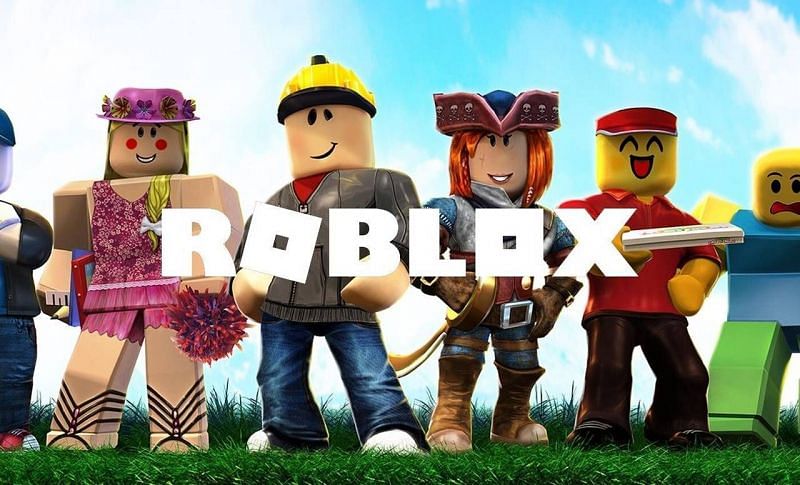


If Baszucki and his wife decided to give more Roblox shares, these gifts would have been subject to the 40% gift tax (considering all the shares they have given over the years). So David Baszucki and his family still had to find a way to avoid future federal taxes prior to the IPO. Last year, Roblox announced its plans to go public. And that’s exactly what happened.Ĭonsidering that Roblox was still a relatively small business at the time, all relatives also received the tax break on future profits because they were gifted these shares when the company had a low valuation. It would have allowed the businessman to avoid hundreds of millions of dollars in future gift and estate taxes. So they gave Roblox shares to their four kids and some other family members, including Baszucki’s mother-in-law and his cousin-in-law. That’s when Baszucki and his wife Jan Ellison decided to use stacking to get the tax break and avoid paying portions of their future profits to the government. It has become larger over the next several years and started to raise its first millions of dollars from investors. When David Baszucki established Roblox in 2004, it was actually a small game company. As pointed out in the NY Times report, it will cost the US government at least $60 billion over the next 10 years. “stacking”) eventually became a way for Silicon Valley billionaires to dodge taxes on their investment profits. Although it should have helped small businesses legally avoid taxes on at least $10 million in profits, this practice (a.k.a. The so-called tax break for Qualified Small Business Stock (QSBS) was introduced in the 90s to motivate people to invest in small companies. It says that Baszucki and many of his relatives managed to multiply the tax break at least 12 times. This scheme was explained in The New York Times article published on December 28.


 0 kommentar(er)
0 kommentar(er)
